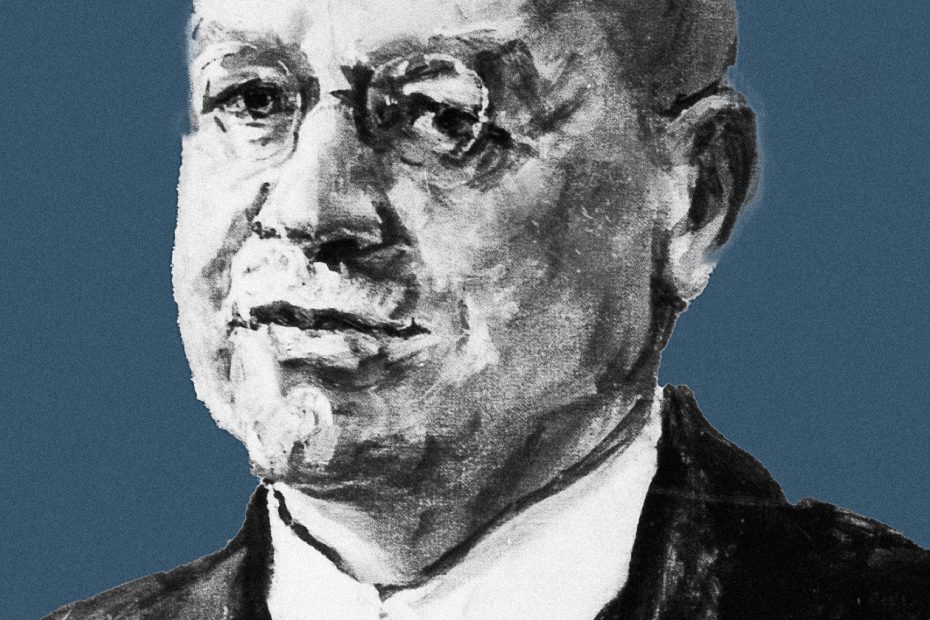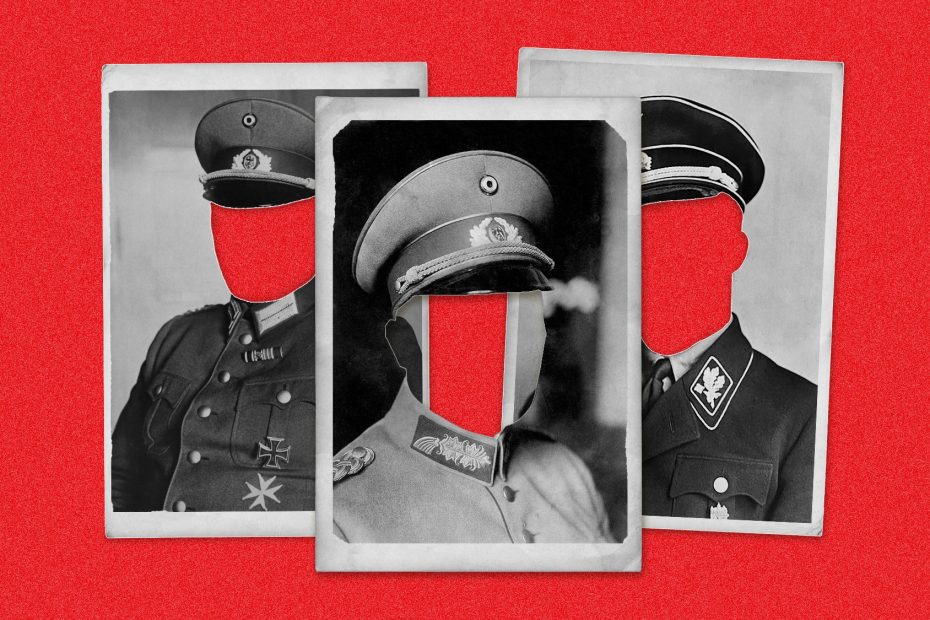What Happened When Hitler Took On Germany’s Central Banker
Adolf Hitler’s first weeks as chancellor were filled with so many excesses and outrages—crushing states’ rights, curtailing civil liberties, intimidating opponents, rewriting election laws, raising tariffs—that it was easy to overlook one of his prime targets: the German central bank.
The Reichsbank president was a man named Hans Luther, a fiscal conservative who subscribed to the “golden rule” of banking, which stipulated that a country’s indebtedness should never exceed its obligations.



